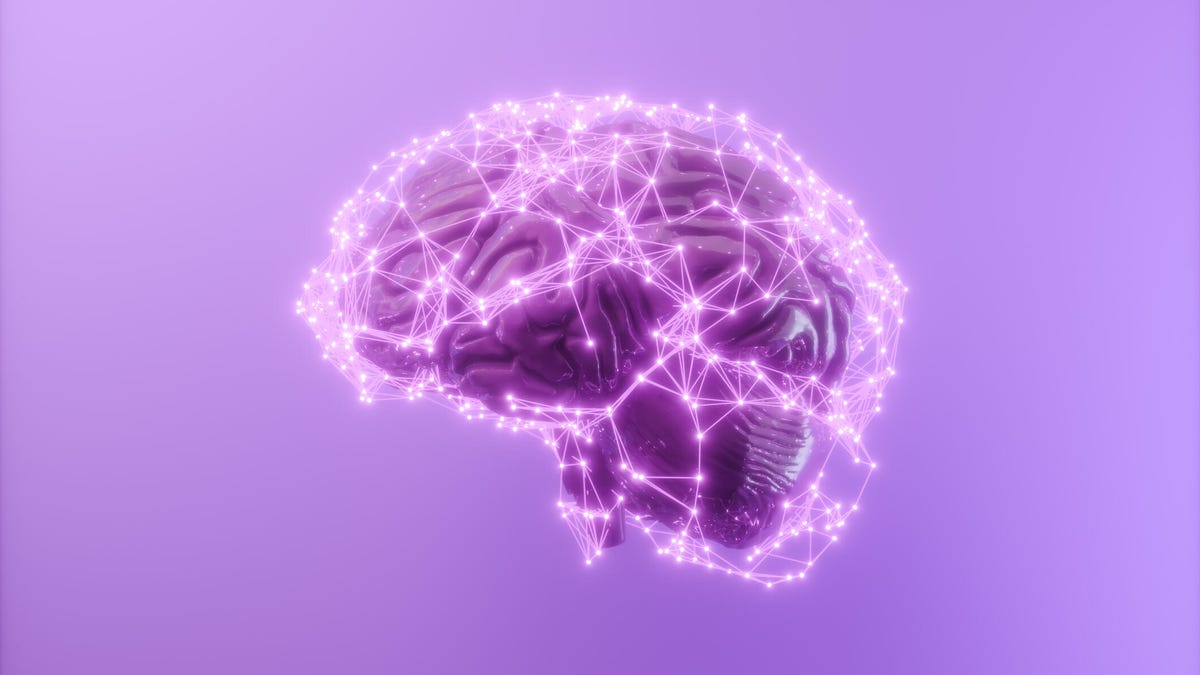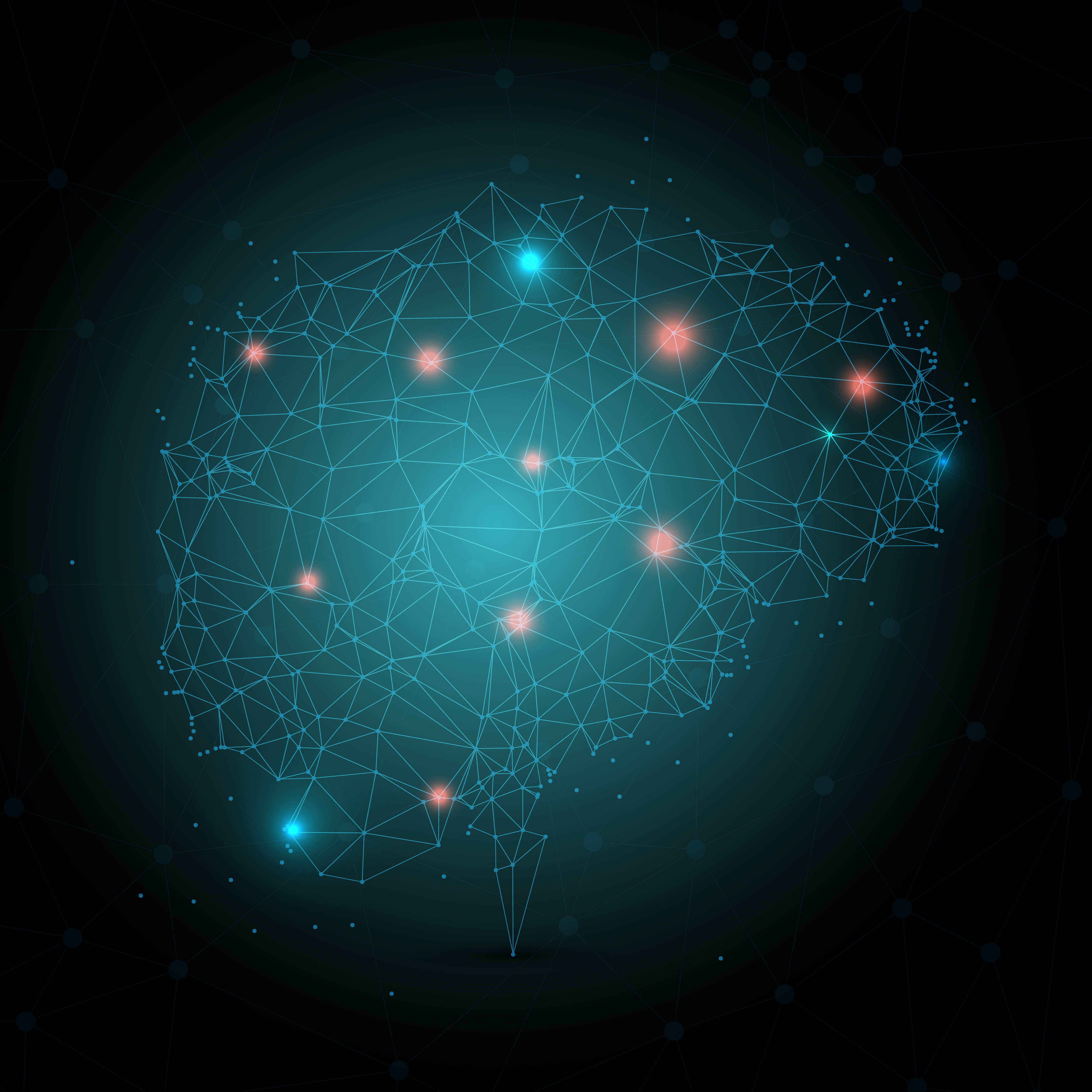

First of all, I agree with many of the commenters that you should ask a professional for help. There could be some free sources in your area, but we can’t help you further without knowing additional details. Many professionals do pro bono.
I also noticed your interest in AI companions given a previous thread you made, which can be a sensitive topic. I want to emphasize that AI companions should be approached with caution, especially for individuals who may be vulnerable like yourself. However, if you’re genuinely interested in exploring this, you could consider programming an AI companion with the goal of helping you achieve happiness. Through interactions with the AI, you may gain a deeper understanding of yourself and your needs. I advise against proprietary AI apps since they will prey on your vulnerability, not to mention that you may not have the money to keep subscribing in the first place. I would also suggest that you use an AI companion in conjunction with therapy sessions. Use your therapist’s guidance to inform your interactions with the AI, which can help you gradually open up to new opportunities.


















Being neurodivergent does that to you